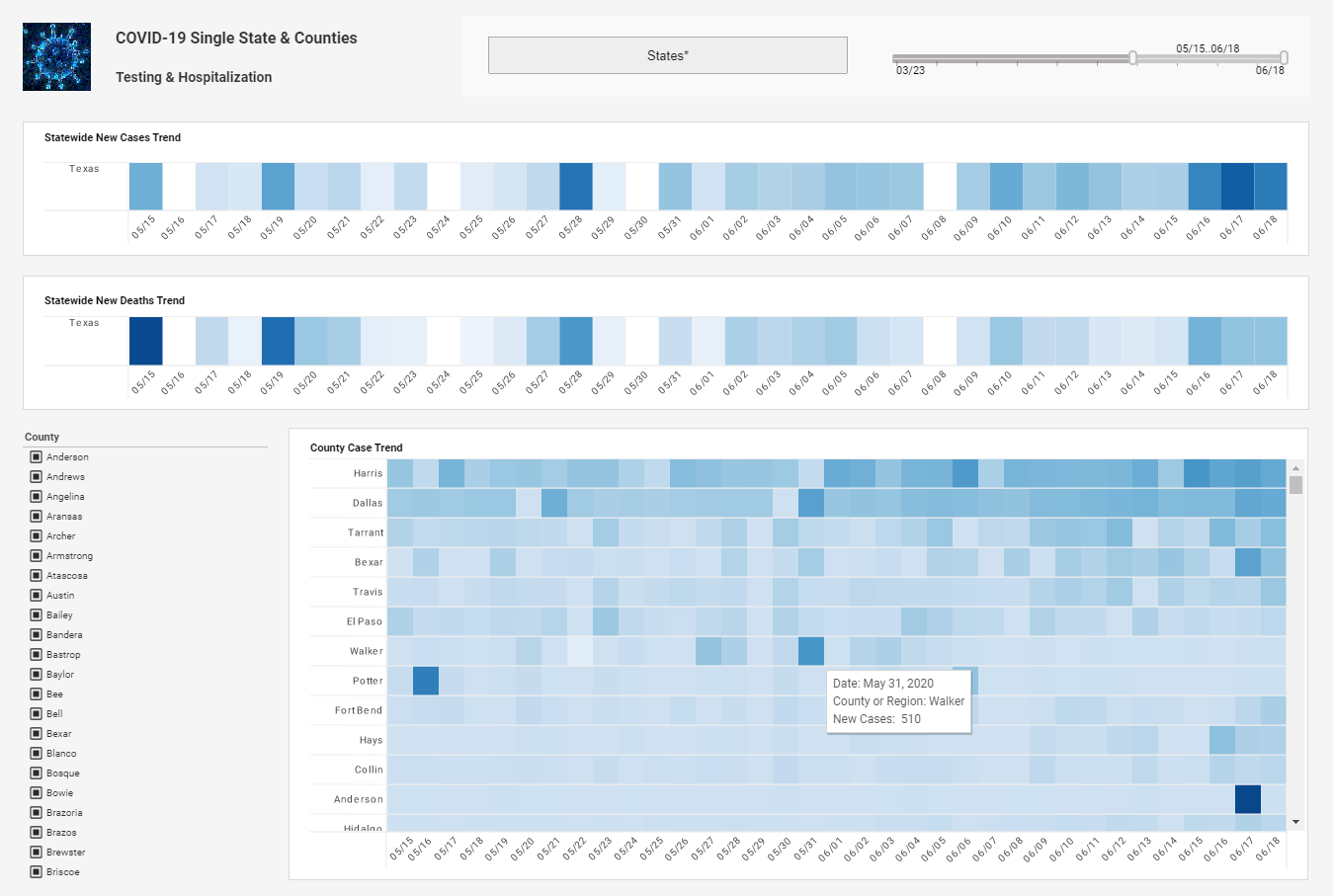Deriving Intelligence From Social Media
This is the continuation of the transcript of a Webinar hosted by InetSoft on the topic of "Buzz Around Big Data." The speaker is Abhishek Gupta, Product Manager at InetSoft.
That’s a really interesting technology that is deriving intelligence from social media. On the one hand, I think it's needed for more adoption of location based apps. But on the other hand, I think of the generations that grew up on social media sharing things who might have no problem sharing this information. That’s in contrast to me who would never think to share what people are sharing now.
Maybe sharing your location is no problem for the younger generation. I don’t know. It's a huge cultural demographic shift, and it's something that gives you pause to think about. I think that the younger generation is not going to be so concerned. There are some people I have talked to who say, “Well, they will be concerned when something happens, that forces the issue.” For instance, like when the Pinto exploded in the 70s, it forces to get a lot more concerned about automobile safety, right. And that may or may not happen with personal data sharing.
Think of recommendation engines, even back in the day when Amazon was first there, it was little bit alarming that they are making a recommendation based upon something you bought before. And now many people really enjoy that service.
| #1 Ranking: Read how InetSoft was rated #1 for user adoption in G2's user survey-based index | Read More |
Mobile Carriers Track Too Much Personal Data
Well I think what people are concerned about is your access to health care, your ability to get a job, all those things being based on information you shared about what you did in your own personal time. And I think there is a big role for government, and they have to make sure that doesn’t happen, and I think we are moving in that direction, but that’s what people are concerned. Part of this information explosion is coming from mobile because it's not just that there is location data, but it's that people have more access to computers, they are online more, too, and we can record everything they do. Through mobile and the PC, you can track so much.
That’s what we’re seeing companies began to realize that the real goal in mind is in understanding how people are behaving via the mobile channel. That’s the real goal, not with what did somebody say, but what did they actually do, how do they buy, where do they shop and what did they look at. That’s the goal to go find out, well, how do I sell this product or service better.
There has been a bunch of data recently showing how certain traditional PC-based services like Pandora have been switched over to mobile. 60% of Pandora traffic is now on mobile says the music service versus on the Web. So there is a huge shift. I think more people are buying smart phones so everyone is going to be connected this way.
 |
View live interactive examples in InetSoft's dashboard and visualization gallery. |
The Data Explosion Is Just Beginning
The other thing I think of a lot is the population of the world which is estimated to be seven billion people. That’s a lot of people. How many of those people ultimately are the ones that generate data? How many of those seven billion people are actually connected? I mean there are billions that don’t even have access to the Internet yet, but they are getting it. One projection I saw was that there will be a billion smart devices on the planet in a year.
That’s remarkable when you think. That’s a billion, but hey, guess what, there are seven billion people. And as technology gets cheaper, this technology is going to get into the hands of more and more people. There are a lot of people out there still have basic phones, and they are going to have to have smart phones. So that’s even more data, more connections.
| Previous: Big Data Has Been Around |


